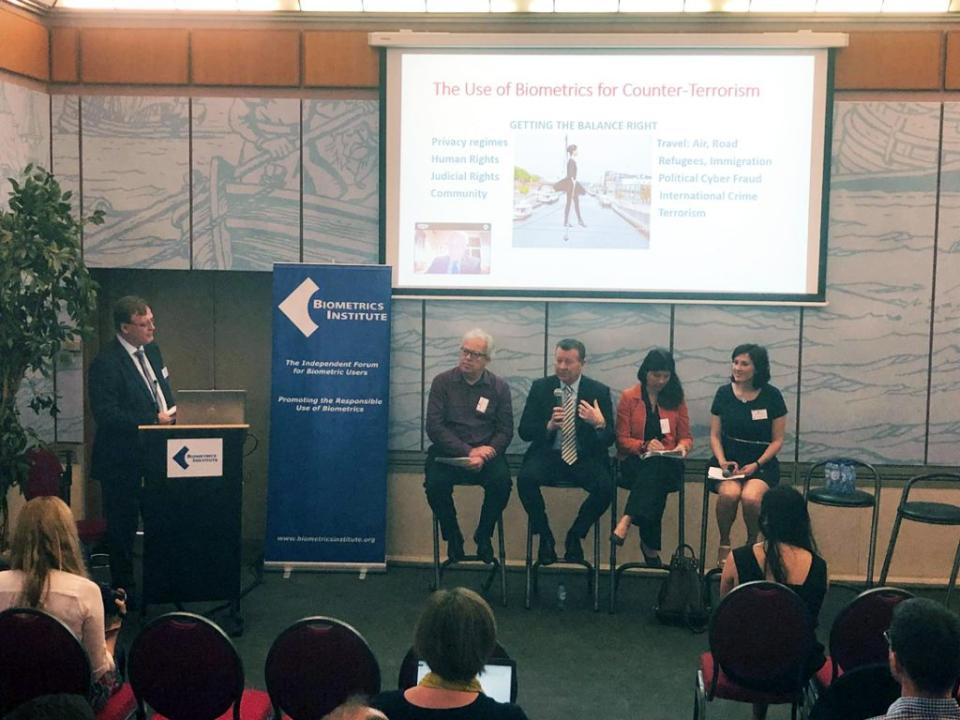
The Counter-Terrorism Committee Executive Directorate (CTED) attended the annual “ID @ Borders” Conference, held in Brussels on 18 and 19 April.
Organized by the Biometrics Institute, the conference was attended by major stakeholders from around the world.
Participants discussed the use of biometric technologies in various contexts, including at national borders.
It was noted that the use of biometrics raised important questions relating to national security, the sharing of data by Member States, privacy and data-management policies, and the speed and efficiency of border checks.
CTED briefed participants on the related provisions of the relevant Security Council resolutions on counter-terrorism.
The adoption of resolution 2322 (2016) had marked the first time that the Council had called on Member States to share biometric data to detect and identify terrorists, including foreign terrorist fighters (FTFs). Council resolution 2396, adopted in 2017, had made that call a requirement.
Law-enforcement and border-control agencies must strengthen the tools at their disposal.
With respect to human rights concerns, the Council had adopted the concept of the “responsible use of biometrics”, which incorporated the need to ensure that appropriate privacy and data-protection frameworks were in place.
There was an urgent need to raise awareness of the benefits of biometrics and of how biometrics might be abused for terrorist or other criminal purposes.
The sharing of data and information with relevant international organizations, such as INTERPOL, was central to the use of biometrics, including in the context of the FTF phenomenon.
However, many States lacked the legal and administrative frameworks and the technological expertise and resources required to implement biometrics effectively.

New partnerships were needed to enhance global implementation of biometric systems. Technical assistance providers should provide assistance to Member States, and States and international and regional organizations should develop partnerships with the private sector
CTED had partnered with the Biometrics Institute to develop a compendium of existing good practices on the responsible use of biometrics, under the auspices of the CTITF Working Group on Border Management and Law Enforcement. The compendium would be presented to Member States in June 2018.
CTED took part in a panel discussion on the use of biometrics for counter-terrorism purposes, which focused on the need to achieve a balance between national security, privacy concerns, and human rights concerns.
That balance was essential, including in efforts to prevent the commission of terrorist acts.
Participants noted the need to define a clear purpose for the use of biometrics and to ensure that individuals were given the legal means to challenge the use of their personal data, as appropriate.
The discussions also addressed the interrelationship between biometric data management and passenger-data systems (including API and PNR), national watch lists, and law enforcement databases.

